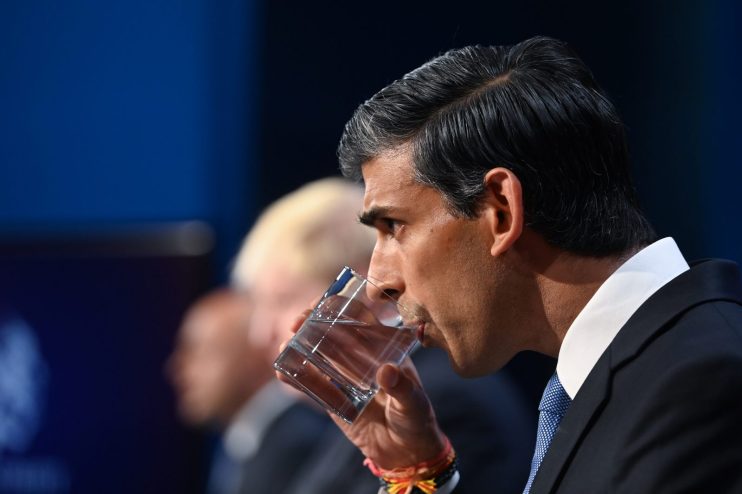Treasury behaved “entirely appropriately” in Greensill scandal, says Sunak

Rishi Sunak has insisted the Treasury acted “entirely appropriately” in its handling of David Cameron’s Greensill lobbying efforts.
The Chancellor hit back at a Treasury Committee report which called for lobbying rules to be tightened and suggested Greensill may have been treated differently as a result of Mr Cameron’s influence.
The politically connected finance firm collapsed, brining down the UK steel industry, after filing for administration in March.
In a letter published today Mr Sunak wrote, “throughout the period of Greensill’s engagement, all substantive discussions with Greensill were properly handled and recorded.
“This not only ensured that the department was able to engage with the committee’s subsequent inquiry accurately and in considerable detail but also that I was receiving high-quality and evidence-based analysis of the proposals put forward, which I ultimately rejected,” he continued.
Rishi Sunak insisted that “Greensill and supply chain finance did not take up a very significant part of my time,” during the pandemic and said it was “right” to listen to Greensill’s initial proposal.
In July a Treasury Committee inquiry found that former Prime Minister David Cameron had shown a “significant lack of judgement” in using his privileged access to lobby the government on behalf of a company in which he had a substantial financial stake.
Cameron sent almost 60 texts, e-mails and Whatsapp messages to Sunak on behalf of Greensill Capital asking for it to be included in a Covid-related government loan scheme. He was paid a salary of £1m per year according to the FT.
The FCA is still investigating matters relating to Greensill Capital and urged the government to consider changes to the appointed representative regime.
Mr Sunak said the Government had commissioned a report by lawyer Nigel Boardman into lobbying and would respond to the Treasury Committee’s recommendations “in due course”.
Read more: Greensill aftermath: Boris Johnson-ordered review calls for strengthening of lobby rules